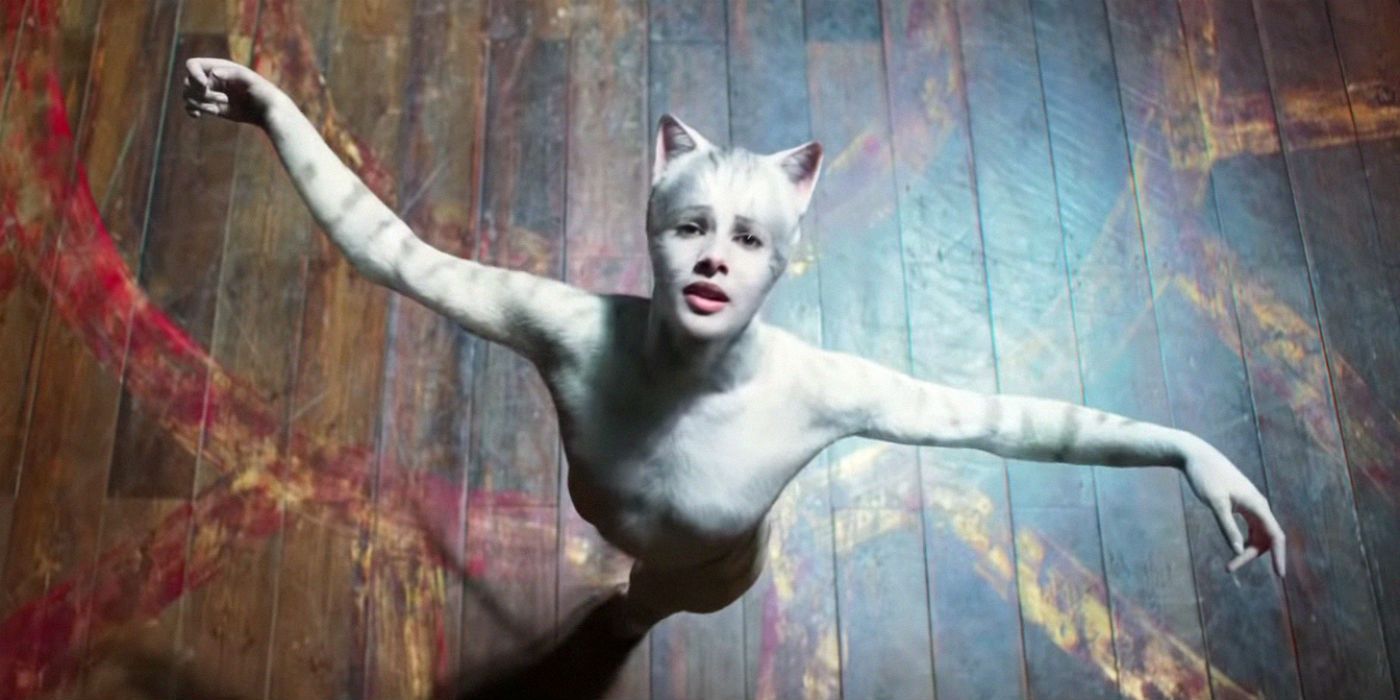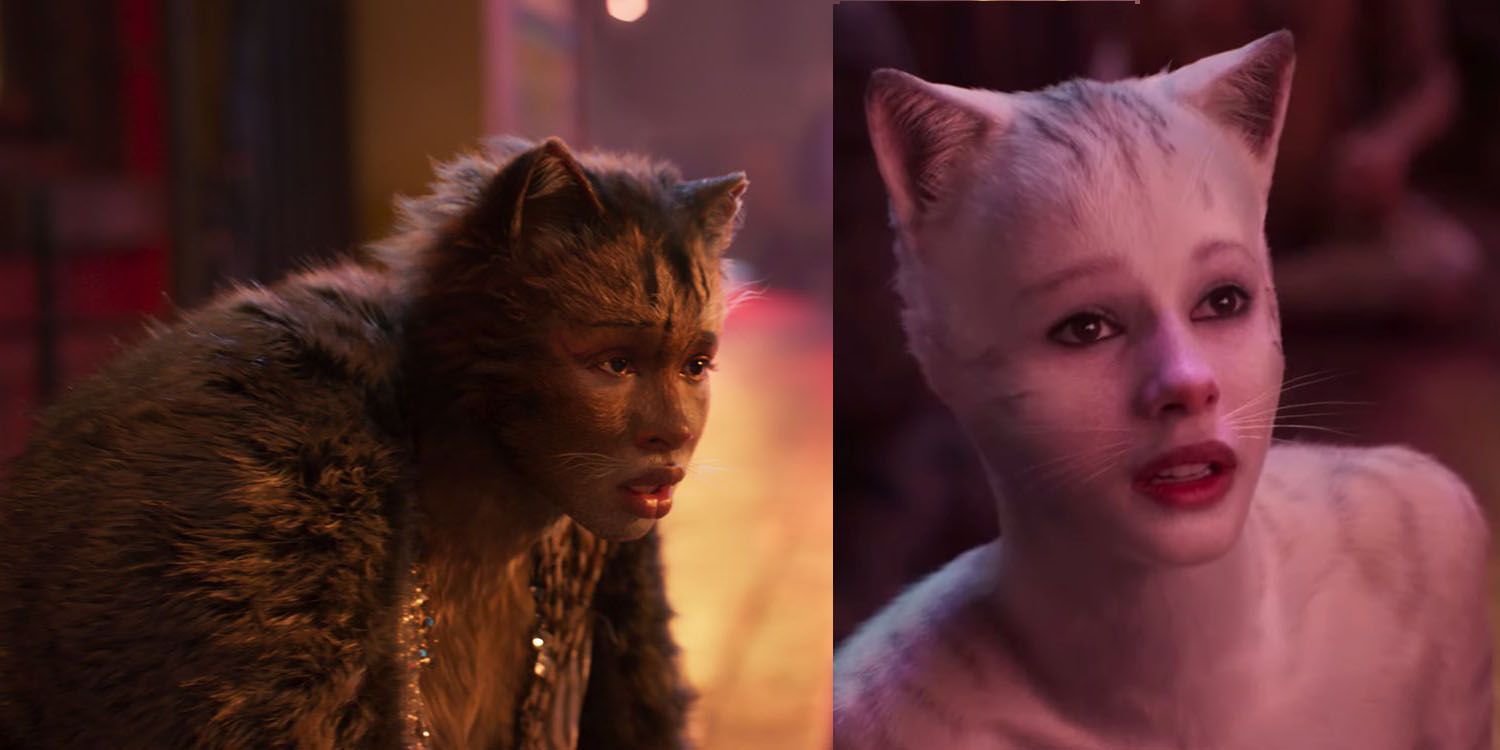Cats, the latest musical from director Tom Hooper, has confounded audiences and bombed at the box office, but one crazy theory might give the film a more cohesive narrative: the cats are already dead. The long-running Broadway and West End musical is free of a traditional structure, as it is a series of cat introductions with only one real plot event. This works for a stage production because the show’s highlights are the cats’ song and dance numbers, but for the film adaptation, Hooper and co-writer Lee Hall needed at least one narrative thread to propel the film’s action.
The film centers on the Jellicles, a tribe of cats led by Old Deuteronomy (Judi Dench). Once per year they have the “Jellicle Ball,” during which one cat is selected to return to the Heaviside Layer where he or she will be born into a new life. Each cat sings a song vying for the honor while the film’s villain, Macavity (Idris Elba), kidnaps his rivals so that he would be the only one left. Popular criticism has suggested that journeying to the Heaviside Layer is a kind of ritual death, like an ascension to Christian heaven, but that theory casts the whole competition in a macabre shadow: the film is then about cats hoping to die. But what if the film is about hoping to live?
The film begins with Victoria (Francesca Hayward) being discarded in a bag by the film’s only human character. She is freed from the bag by Munkustrap (Robbie Fairchild) and begins her introduction to the Jellicle tribe. The addition of a “cat in a bag” doesn’t occur in the Broadway show and is a reference to the Victorian practice of drowning unwanted kittens in a sack, weighed down by a rock, which lends credence to the theory that Victoria is dead and being discarded.
Another addition to the film is the song “Beautiful Ghosts.” Written by Taylor Swift and the show’s composer, Andrew Lloyd Webber, Victoria sings that the Jellicles “at least have beautiful ghosts” and at the end resolves to “dance with these beautiful ghosts.” Victoria, the most recently dead of the tribe, realizes what the Jellicles really are: ghosts.
The winner of the Jellicle Choice is Grizabella, whose song, “Memory,” garners the other cats’ sympathy. It’s a show-stopping number with enough pathos to bring tears to most hard-hearted listener, but the song’s lyrics are unique among the others in the musical. All of the other songs are in present tense; cats like Mr. Mistoffelees (Laurie Davidson) and Bustopher Jones (James Corden) sing, “I can pick any card from a pack. I am equally cunning with dice” and “I don’t haunt pubs, I have eight or nine clubs, for I am St. James’ street cat.” But Grizabella’s song is about the past: “I can dream of the old days. I was beautiful then.” The other cats, as well, state that who they are now is not who they were in the past.
The film’s text, spoken by Old Deuteronomy, states that Grizabella is chosen because she’s the one who “needs a new life,” but thematically, she’s also the only one who recognizes that her identity is tied to a past life that she’s no longer able to live – nor does she want to, exiled as she is. Therefore, when she goes to the Heaviside Layer, she returns to the real world, and for her, “a new day has begun.”
There’s no doubt that Cats is weird. It was a strange stage show, its visuals are uncanny valley creepy, and its essential plotlessness had to be retconned. But rather than a macabre fascination with death, a theory that places the film’s action in purgatory, where the cats must reckon with their pasts in order to ascend to a new life, gives the film a positive, hopeful conclusion.


